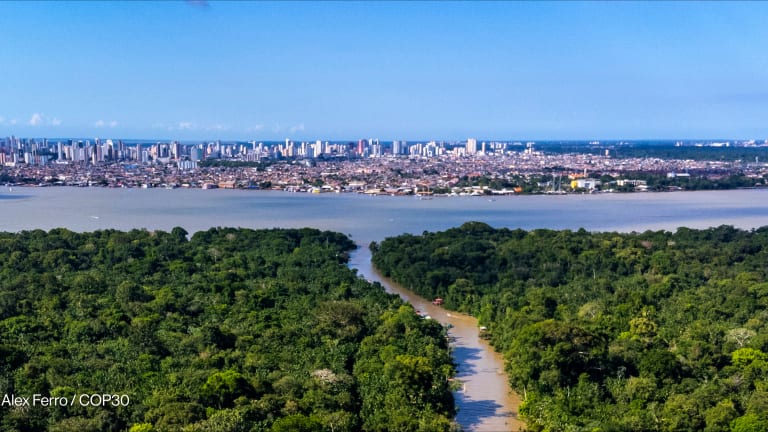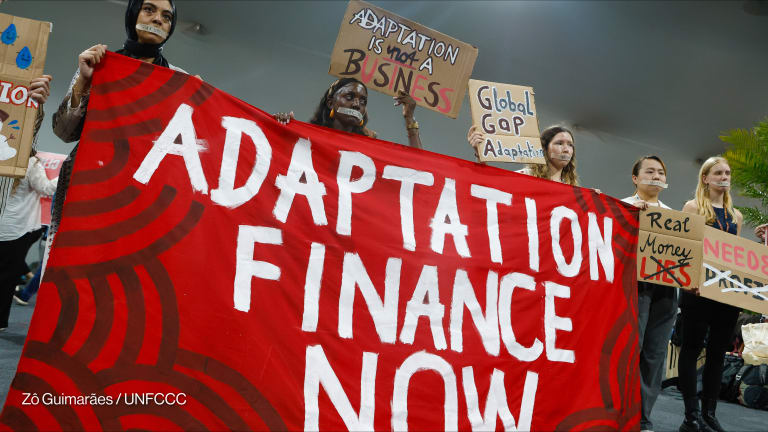At COP 28 last week, I had the chance to speak with Ibrahim Thiaw, the executive secretary of the United Nations Convention to Combat Desertification, the U.N. agency working to combat desertification.
This conversation has been edited for length and clarity.
What are the main themes you're focused on as you look at land use restoration and how to protect the dwindling land that exists in the world today?
Printing articles to share with others is a breach of our terms and conditions and copyright policy. Please use the sharing options on the left side of the article. Devex Pro members may share up to 10 articles per month using the Pro share tool ( ).








